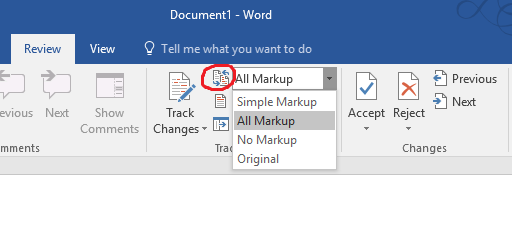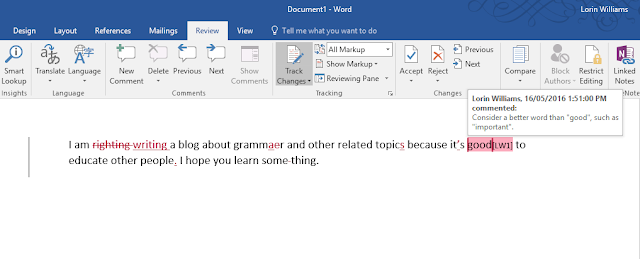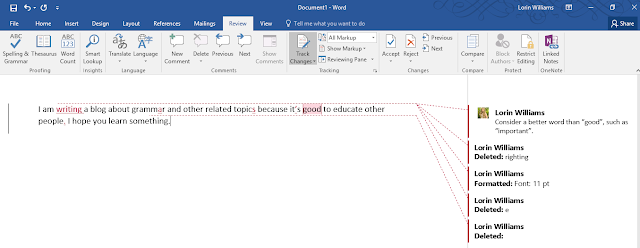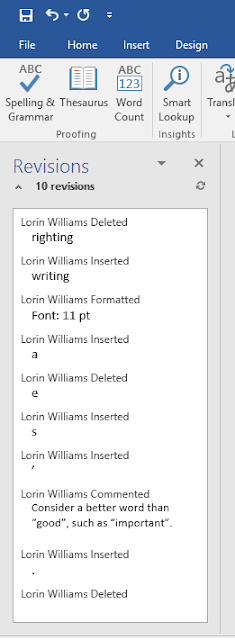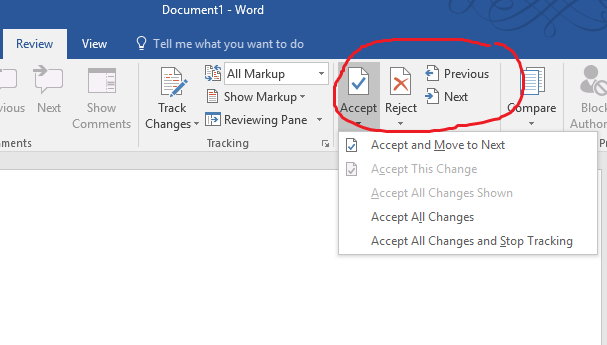Answering questions properly and presenting solid arguments can be a challenge,
so I’ve been analysing what works best and why it matters. This could be
relevant to you no matter who you are or what you do, but perhaps more so if
you are: a student, a public speaker, a politician, a job seeker, or a writer.
Or maybe you believe in the value of a well-structured argument/debate.
Recently I got my hands on a copy of the latest Marie Claire (July 2016
edition), which is kind of weird for me. I don’t look at magazines unless I see
something of value to read. Well my eyes caught something on the front cover
that I wanted to check out: a Turnbull/Shorten interview (page 50, if you’re
interested).
I’d rather not use politics as an example for writing advice, but this one was
too good to pass up.
Reading through it I noticed the best answers – the ones I paid attention to
and believed – were the ones that got straight to the point, provided lists or statistics,
and didn’t use vague statements to avoid a clear answer. The influence those
answers had on my interpretation – whether positive or negative – was
fascinating.
Let’s look at an example.
Both men were asked, “What are the most important issues for women in 2016?”
(I will list and analyse the responses without specifying who said what,
because if I do it will become a political blog post, which is not really what
I’m going for…)
1) “Respect is absolutely critical, whether you’re talking about access to
great jobs and business opportunities or domestic violence. The most important
thing we can do is teach our sons to respect women. Respect for women is part
of my DNA, which informs every aspect of our policies. Women hold up half of
the sky, as the Chinese say, and they should be given due credit for it in
every respect.”
2) “If this country does nothing else in the next 10 years, we must achieve the
equal treatment of women. Everything from more women in positions of power or
in parliament, to bridging the pay gap, gender savings gap and the burden of
unpaid care that falls on women, right through to the worst example of the
unfair treatment of women in society: domestic violence. If we can do nothing
else but solve those problems, we will be a very rich country. We need to put
more women into more positions of power.”
Notice some differences?
The first response was centred on the overall importance of respect for women,
which he repeated a couple of times. He also referenced a Chinese saying to
support his opinion, which gives the impression he’s filling in space instead
of elaborating on his points. It was nice, and he mentioned a couple of issues,
but he didn’t focus on them enough. It wasn’t convincing or satisfying.
The second response, however, was very clear in
its answers. He acknowledged equal treatment of women as the most important
goal for Australians to achieve, and then he listed the exact issues that need
to be addressed to achieve that. He told us what and how without tiptoeing
around it. The first response did offer up a little bit of what and a little
bit of how, but the second response was far more effective at doing that.
The question is: Why?
This sort of pattern seems to emerge a lot in politics, but also in other
familiar places, like in essays and job interviews.
I remember during my studies sometimes I didn’t understand an essay question or
I couldn’t figure out how to answer one, so I would just try to write as much
as I could about the topic. I thought that would be enough and it sounded great
because I could write really well, but my content lacked any real meaning
because I was avoiding the point of the essay. As a result, I failed to answer
the question and subsequently received lower marks.
I wish I had done then what I’m about to suggest to you all now.
To answer a question properly you need to first reread the question and realise
what it is asking of you. A question about the causes of climate change, for
example, is not the time to get carried away about your opinion, or even what
the results of climate change are – unless, of course, you are asked to do so.
If the question asks about causes, you must list causes. What are the causes?
Why are they causes? How impactful is each cause?
If someone asked me a question like that, I’d probably go off on a tangent and
talk about the results, and what it means for the future of Earth, and so on. I
might provide good information and I might have more fun, but in many cases my
arguments could fall flat, because we need to focus on what we’re specifically
asked in order to satisfy our audience.
Now, of course, this applies more strictly to school and university. Essays usually
require you to answer the questions very specifically. It really depends on
what you’re being asked to do. But if you lose track, you risk not answering
the question at all. In the essay context, you’ll get lower marks. In the
interview context, your answers won’t be valued or taken seriously. It matters.
So, if you don’t understand the question, spend some time making sure you do.
If you’re unclear on the meaning of a word, look it up. If the wording confuses
you, get someone else to read it to you or provide their take on it. You can
also ask whoever is asking the question to clarify what they mean.
And, if it helps, re-write the question for your own sake, in a way that makes
the most sense to you.
Once you’re clear on what the question requires of you, you need to think of
the best way to present your answer. Structure matters. Let’s look at how our
politicians utilised structure.
2) He identified the problem: gender inequality.
He listed the exact issues, as requested by the question: more women in parliament/power,
bridging the pay gap and gender savings gap, the burden of unpaid care, and domestic
violence.
He recognised the impact of these issues, that our country will be rich even if
gender inequality is the only thing we solve.
He concluded with a suggestion on how to begin the process, by putting women in
positions of power.
Evidently the structure of this response is clean and carefully considered. It
has a beginning, middle, and end. I’m actually a little impressed he managed
that in an interview context. Now look at the first response, and notice how
the structure isn’t as easy to follow, which makes it harder to absorb.
1) He didn’t identify the problem, but rather jumped straight to an answer,
which was to respect women.
He mentioned a few issues, which addressed the question briefly: career and
business opportunities, and domestic violence.
He reiterated his view on respect.
He made it personal by referencing his own DNA.
He used a Chinese saying to support his beliefs.
After reading through both responses many times, I have determined that one
good way to introduce your response is by looking at why the question is being
asked in the first place. If it’s about the causes of climate change, I would
probably open with an acknowledgement of climate change as a real and important
issue, and then lead into how it has become such an issue by listing the
causes.
In the case of our politicians, the second response approached it well because
he had things he wanted to acknowledge, but he prefaced them with an important
statement before simply listing them. He took the time to first address the
fact that the question was being asked, by pointing out how important it is to
eradicate gender inequality in the first place. Then he was able to list the
various examples of gender inequality to solidify his stance.
The problem with the first response was that he seemingly heard “women’s
issues” and jumped straight to “respect women” instead of framing something a
little more substantial. That isn’t to say respect is a bad thing to bring up.
It just doesn’t get your attention like the second answer does. And in essays
and interviews and speeches and arguments, you want to get your audience’s
attention with something more specific.
As you can see, structuring your response in the right way can give you a
head-start. But the content matters just as much. Response 2 offered a good
number of examples of gender equality issues, and they were all solid. Response
1 offered only a few, and they were not necessarily good choices. Domestic
violence was a good one to bring up, of course, but the other two were not as
well thought out. It’s almost one point spread across two. This could leave
readers thinking perhaps our interviewee is a little ignorant or indifferent on
the topic. Having the right information is the first step, and knowing which to
focus on is what can put you ahead. It shows that you understand what you’re
talking about.
However, to be fair, both responses offered their opinion on what to do about
it. 1 said we need to respect women and teach our men to respect women. 2 said
we need to give women more power. Both are good points, but there’s a subtle
difference that helps the second one over the line.
Respect is a very broad and general term. It’s easy to throw that word around
and know it means good things. But suggesting women belong in positions of
power requires a little more preparation. You have to first know that there
aren’t enough women in power, and then know that women being in power will be
useful to inequality and the country as a whole, and then understand its
importance in solving the overall problem. This alone makes the second response
even stronger.
And all of this is important because you need your readers/audience to
understand you and believe you. If you have an important message to get across,
it won’t happen with poor content and structure. If you have to write an essay,
you’ll give yourself the best chance at high marks if you put thought into your
response. It matters even if you’re not answering a question. You need to be able
to provide people with the information they need or want to hear. If you don’t,
they may lose interest or miss the point, and it really sucks when you’re not
heard or understood.
If you have something important to say, or you need to hit the nail on the head
in an interview, it’s a good idea to consider some of this stuff. So, I’ll
summarise:
Do:
- understand your question – clarify its meaning, and re-write if you need to
- consider the structure – acknowledge the topic/question/problem, list the
reasons/examples, show its importance, and provide a possible solution
- be straight to the point
- use good content – lists, statistics, numbers, facts
- know what is relevant – the content that will answer the question and appeal
to your audience the most
Don’t:
- use vague statements and ideas that could be applied to anything
- tiptoe around and avoid the actual question
- forget the question
- go off on tangents and get distracted
- go in blind without being sure you understand the question or topic
Why?
- to engage your audience/interviewer and hold their attention
- to help people understand and believe your message without confusion
- to have your views valued and taken seriously (in interviews, for example)
- to demonstrate your knowledge and competence to get higher marks (in essays,
for example)
- to spread important information in the most effective way
- to satisfy your audience by actually answering the question
And
here’s why it matters to everyone else if you’re not answering questions well:
If you struggle to make your point, it comes across as though you don’t know enough,
you don’t care enough, and/or you’re lying. And those are not good things if
you’re in a position to answer/argue/explain.
But, of course, sometimes it’s just social anxiety, which is totally
understandable.
I hope this proves useful to some of you!
If you're looking for editing or proofreading services, be sure to visit my website to check out the services and rates I offer. Thank you for reading!
www.thewritething.com.au






